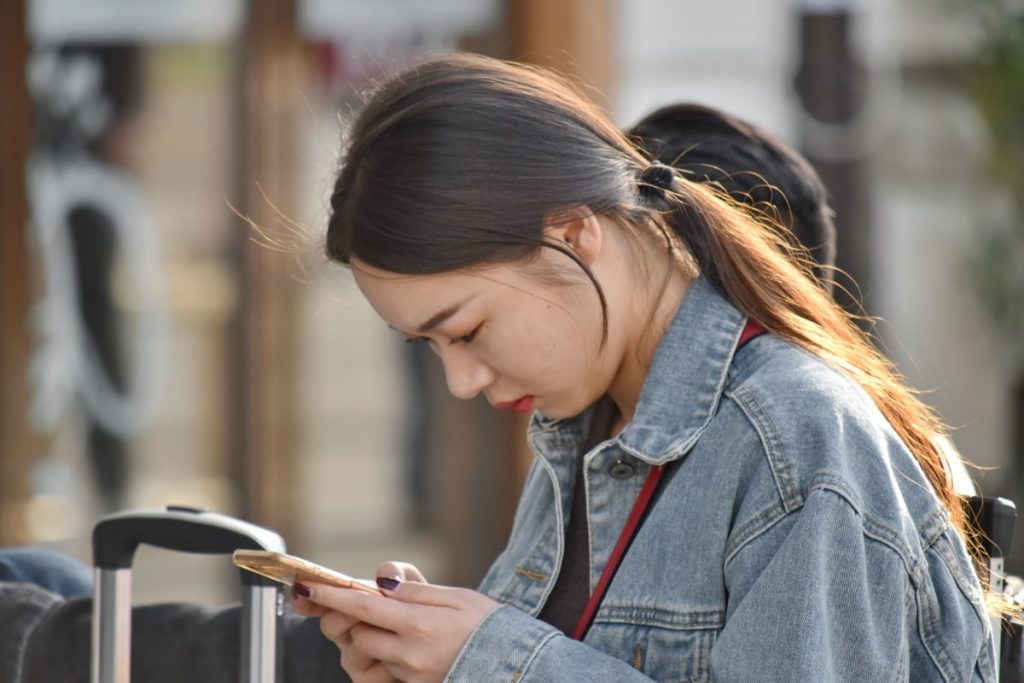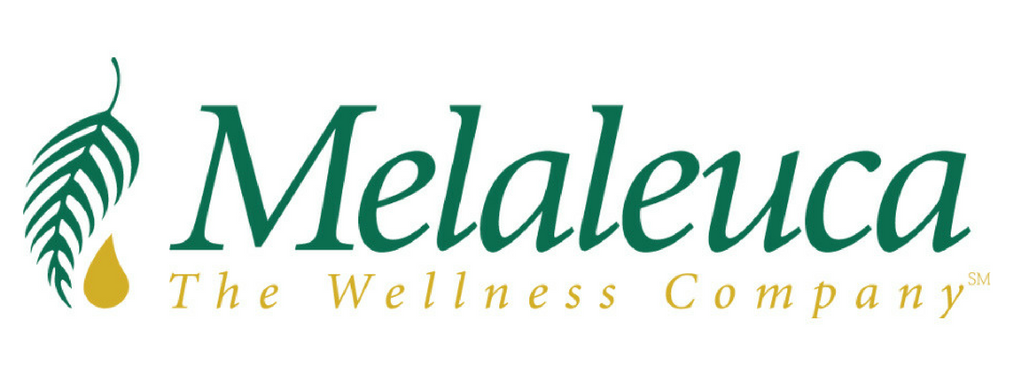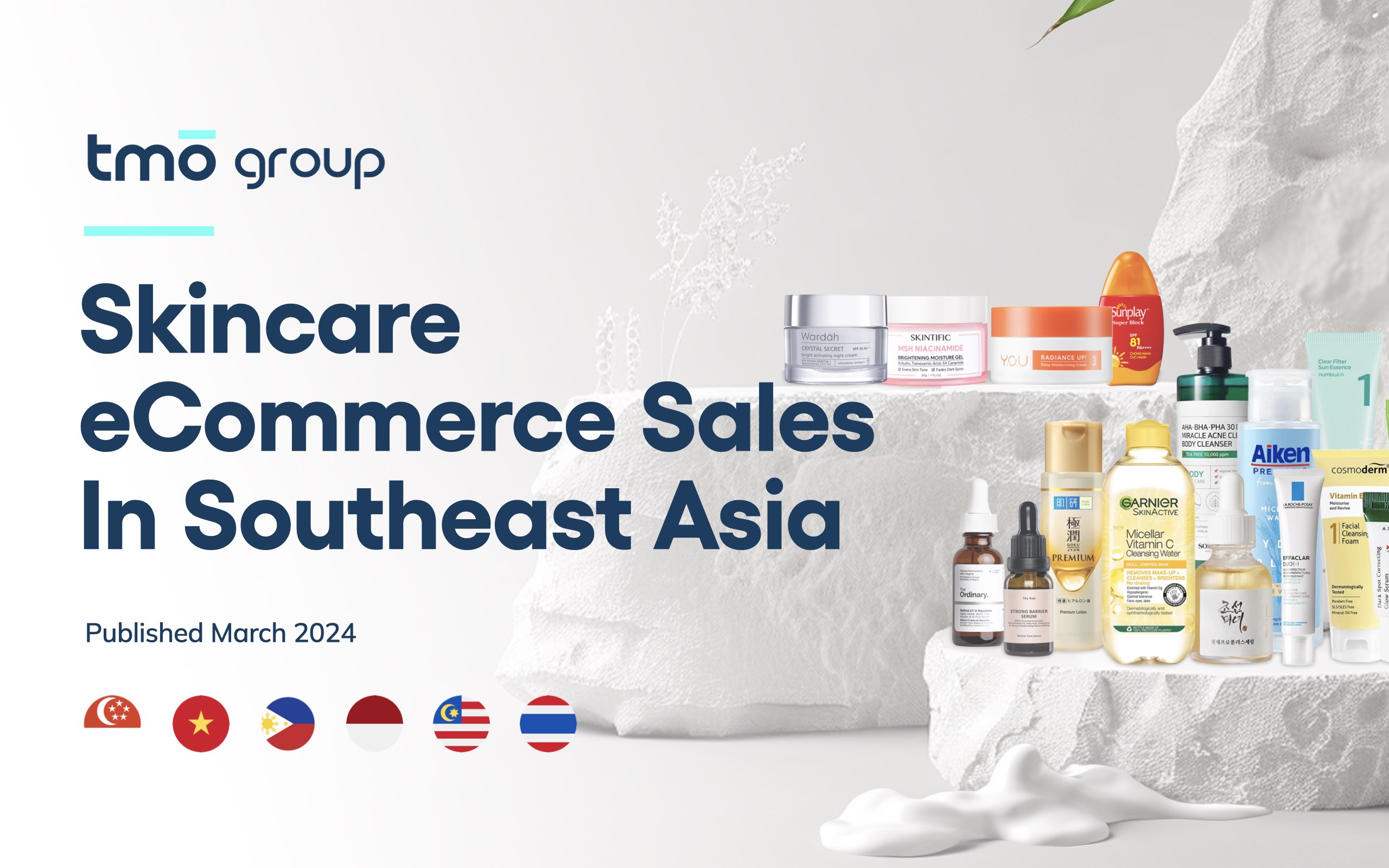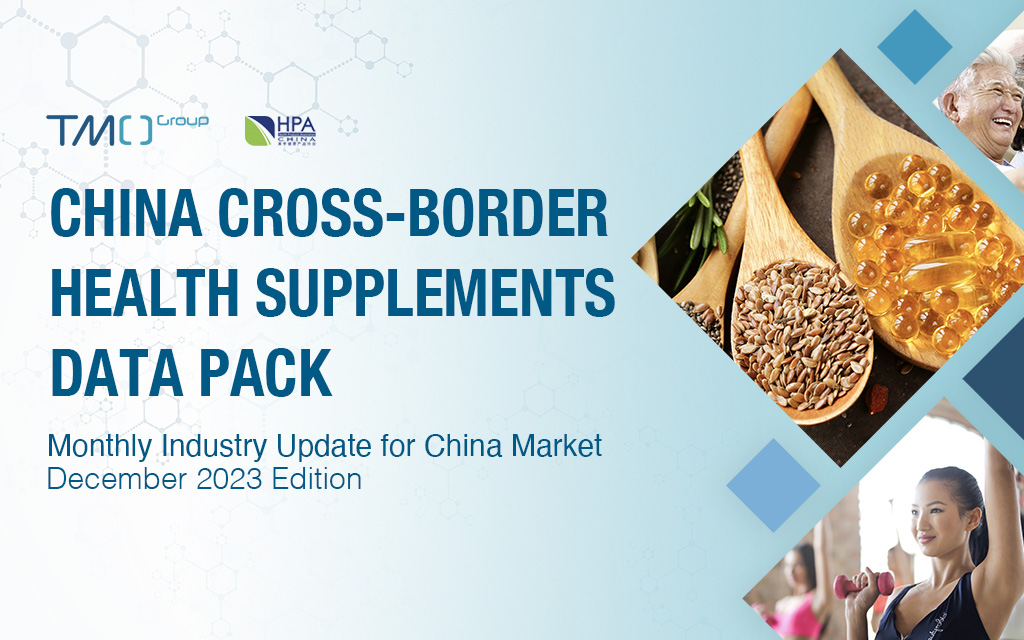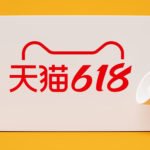In this article we give a general overview of the Chinese direct sales market. For more detailed information and a list of top companies (foreign and Chinese), check out our latest articles on direct sales in China: Direct Sales in China in 2024: Market Overview, Top Companies, TrendsDirect Sales is a rich although peculiar market in China. In this post we will look at the Direct Sales regulatory landscape, key players (international and local), and examine challenges and trends.Direct Sales in China in 2024: Market Overview, Top Companies, Trends
After an initial boom in the '90s came to a screeching halt as scandals rocked the upstart industry and the government stepped in to protect the population from unfair practices, direct selling returned to China in the early '00s in a more controlled form. This was codified in the Regulations on Direct Selling Management in 2005. These government restrictions and requirements didn't just prohibit the abusive Pyramid Scheme model. They also meant that traditional MLM - or multi-level marketing - had to change, adapting to the new environment it found in 21st century China.
The most significant restriction is that sales representatives working as part of the direct seller cannot earn commission from the sales of those they recruit into the organization. This means that MLMs cannot follow the same business structure or function in the same way as in the West. Instead, they are pushed to reward single-level sales, from representative to customer, which in turn keeps the business focused more closely on sale of products rather than recruitment of sellers. Therefore, in this article, we use the term 'direct selling', as it is more accurate to the models used in China.
If you missed our earlier blogs surrounding this topic, check them out here:
- The Online Chinese Health Supplements Market: Potential and ParticularsWe take a look at the eCommerce market for health supplements in China, a market on the rise and rife with potential for overseas brands.The Online Chinese Health Supplements Market: Potential and Particulars
- Entering China’s Market for Foreign Health Supplements in 2020China's health supplements market has considerable potential. But tapping into this market isn't always simple. We explore the main paths to market entry.Entering China's Market for Foreign Health Supplements in 2020
Key Restrictions in the 2005 Regulations
The 2005 Regulations are fairly in-depth and describe in detail the limits placed on the industry by the government. These limits have had a big hand in shaping direct selling in China ever since. Below, we list the most important takeaways from among these.
- Ban on multi-level sales commissions: Unlike the West, sales agents cannot earn commissions from sales made by agents they brought into the company.
- Commission cap: Direct selling companies can offer sales agents a maximum commission of 30% of the retail price of goods they sell.
- Recruitment policy: Direct selling companies must sign contracts with their sales agents. Also, geographic limits apply to these contracts. This means that sales agents cannot make sales outside of the region (typically a city district or municipality) where the branch they signed a contract with is based.
- Advertising: Advertisements cannot promote sales remunerations for direct sellers, or membership fees or initial buy-ins.
Direct Selling
Direct selling is an umbrella term that covers multiple business models. All these models share the common element: person-to-person sales rather than business-to-person. In the single-level sales model, a person purchases goods from a brand or company in bulk and then sells these products to other people. In multi-level sales models, this person-to-person chain is longer, as people sell to people with the intention being that these people then sell on to other people. Since the advent of social media, this model has evolved beyond its traditional door-to-door roots and into the online sphere. Global giants of direct selling have converged upon China, including leading brand Amway. However, such companies must carefully follow China's laws on such sales models. These laws are tighter than such companies may be used to in the US or elsewhere.
As mentioned at the beginning, Chinese law on direct selling restricts the “multi-level” part of multi-level marketing (MLM). Most importantly, sellers can not collect a percentage from the sales of those sellers they recruited, a key lynchpin of the sales model abroad. Instead, the most such companies can offer is incentivizing recruitment through one-off bonuses and the like, making the model closer to ‘single-level marketing’ or merely direct selling with incentivized referrals.
Recent Developments
In recent years, bad press and scandals have rocked the Chinese direct sales world. As a result, government approval of new overseas brands using this sales model slowed down to a standstill. In 2018, only one new company was approved to conduct direct sales in China. This has limited growth in the sector, and may mean even tighter restrictions are on the way. Direct selling is especially big in the health supplements market, of which it currently accounts for 47.3% in China.
Online Hybridization in Direct Selling
In recent years, social and direct sales models have moved away from their traditional formats. Previously, brand representatives would typically go door to door selling the brand’s goods. Or they might arrange for gatherings of friends in order to sell to them all at once. Increasingly, direct selling models are instead harnessing the social power of the Internet to maximize reach and minimize obstacles. This is especially true in China, where sellers must have a broader customer base, not just identify other potential sellers. Social media becoming an intrinsic part of both daily life and most people’s shopping experiences has further enhanced this approach.
What's more, this has led to companies not previously involved with the direct selling channel to adopt related features. Some even specially develop this channel for their business in China. Both domestic and overseas companies are using elements of the Chinese direct selling model to improve their distribution. Such elements include incentivized referrals and distributor commissions.
The most powerful force in Chinese social selling, marketing, and commerce as a whole is indisputably the app WeChat. Not just an instant messaging tool nor limited to the traditional boundaries that define a social media platform, the “meta-app” has worked its way into being a part of almost every corner of daily life in China. As of 2020, the app now boasts a daily active user count of one billion, who sent an average of 45 billion messages each day.
The unique level of integration with daily life that WeChat enjoys sets the China market apart from the West, even America where Facebook is dominant and an increasingly large part of how direct sellers spread their message and promote their products.
Case Study: Melaleuca
American multi-level marketing (MLM) company Melaleuca entered China in June 2003 as a limited company. Initially the company operated retail stores in major cities like Shanghai and Shenzhen. Within a few years, however, Melaleuca began its application for a direct selling license. It received this in May 2007, adopting a different business model to conform to China’s stricter regulations. The Chinese government has approved Melaleuca for direct sales activities across 12 approved districts of Shanghai, including Huangpu and Xuhui. Melaleuca has set up a service center and associated store in each of these districts.
In China, Melaleuca does not encourage sales agents to buy excess goods for resale. This is in contrast to a traditional MLM or direct selling model. Melaleuca placed a cap on the commission earned from a single customer’s purchases, of around 3000 RMB. This cap discourages sales agents pushing customers to buy too many company products. Therefore sales agents earn no commission on any sales beyond this cap.
Direct sales agents do not earn a commission from sales made by agents they recruit into the company. Chinese authorities consider such practices pyramid or multi-level sales schemes. Instead, agents earn commissions based on sales volumes from paying customers they refer directly to Melaleuca. An additional Stable Income Bonus is earned by direct sales agents whose sent sales volume reaches 4000 RMB or more. Also, an Extra Income Bonus is available. These bonuses in combination with the Personal Sales Commission never exceed 30% when taken together, in accordance with local law.
This Chinese model demonstrates a marked difference to their Western business model, which follows a more traditional MLM structure. In the West, recruitment of new sales representatives by existing ones is incentivized. Additionally, selling lots of products is not capped in the same way.
This article was published in in relation to our China Health & Food Supplements Industry ReportThis report takes a broad view of the market for health supplements in China, and how an overseas brand can seize the many opportunities it presents.China Health & Food Supplements Industry Report, available for free right now.
Our Services
TMO Group has successfully helped many well-known healthcare brands to enter the Chinese market. We also provide services regarding digitally empowered eCommerce development, mobile service development, and even direct sales and cross-border eCommerce businesses. Get in touch today to get your brand an exclusive localization plan for the Chinese health supplements market.


